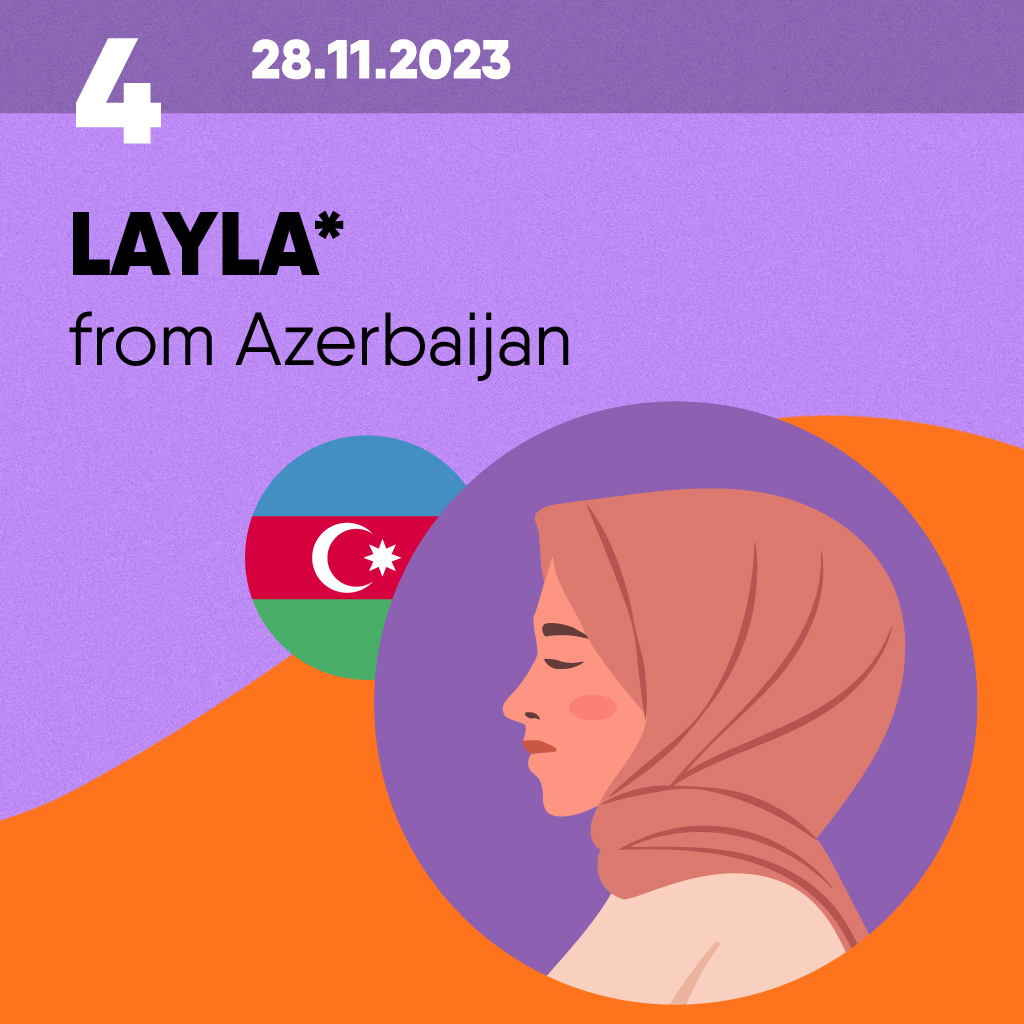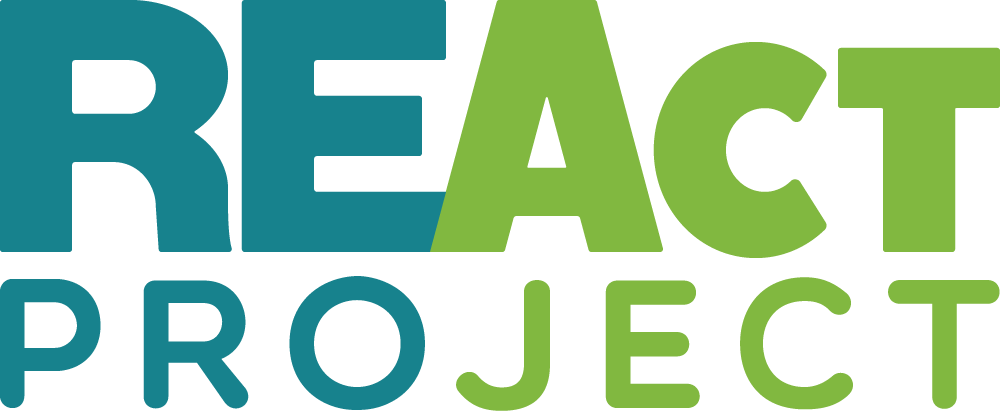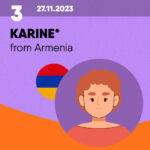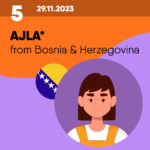
According to recent studies, including one conducted by the Eurasian Women’s Network on AIDS in 2022, the situation in Azerbaijan remains extremely difficult in addressing violence against women living with HIV, sex workers, and women, who use drugs. These issues are not prioritized at the state level. In particular, the national HIV Program does not adequately address women as an important group with their own specific needs and does not provide gender-sensitive and gender-transformative interventions. Stigma, discrimination, and human rights issues for women facing HIV, sex workers, and women, who use drugs are also not included in the Program’s action plan.
Also, in the last five years, women from these groups have not participated in the preparation and submission of shadow reports to the UN Committee on the Elimination of Discrimination against Women (CEDAW). In the concluding observations on the sixth periodic report of Azerbaijan (2022), CEDAW expressed concern that the State relies on non-governmental organizations to provide shelter. An example of such support is the public association “Clean World”, which runs a shelter for women, including those facing violence, HIV, drugs, and sex work. However, the situation requires a rapid response.
The real-life story of Leila (name changed) underscores the drama of the current situation. Abused by her husband, a woman living with HIV was beaten with her child and kicked out of her home. She is literally on the street, without shelter or support.
However, REActor’s involvement was the beginning of a way out of the situation: Leyla was referred to a shelter, a lawyer was hired for her, and she was provided with a referral to the AIDS Center. Her issue is now being resolved.
To level and avoid similar cases in the future, the state should recognize women living with HIV as an important group and give them proper attention, support, and protection, especially in the context of the constant risk of violence from both strangers and loved ones.
Leila and women like her need to feel supported by the state, not only in times of crisis but also in everyday life. Only then can we expect the situation to improve and equal opportunities to be created for all?
As part of the regional campaign “Push forward! To end violence against women and girls”, REAct organized a series of webinars on how to counteract gender-based violence and how to qualitatively help women who come forward. Recordings of webinars in English, Ukrainian, and Russian are available below. In 2023, we encourage new listeners to view the webinar recordings. From November 25, 2023 to January 31, 2024, each participant receives a unique opportunity to take a short test and receive a personalized online certificate.
Visit useful materials on the REAct website for more useful courses and publications. Operative dataregarding human rights violations of vulnerable to HIV/AIDS communities is available as well on country data factsheets. Read more success stories of response here.



